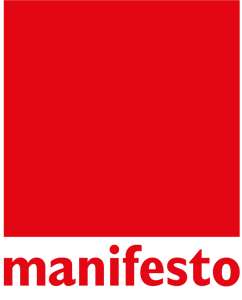Our trade unions
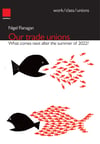
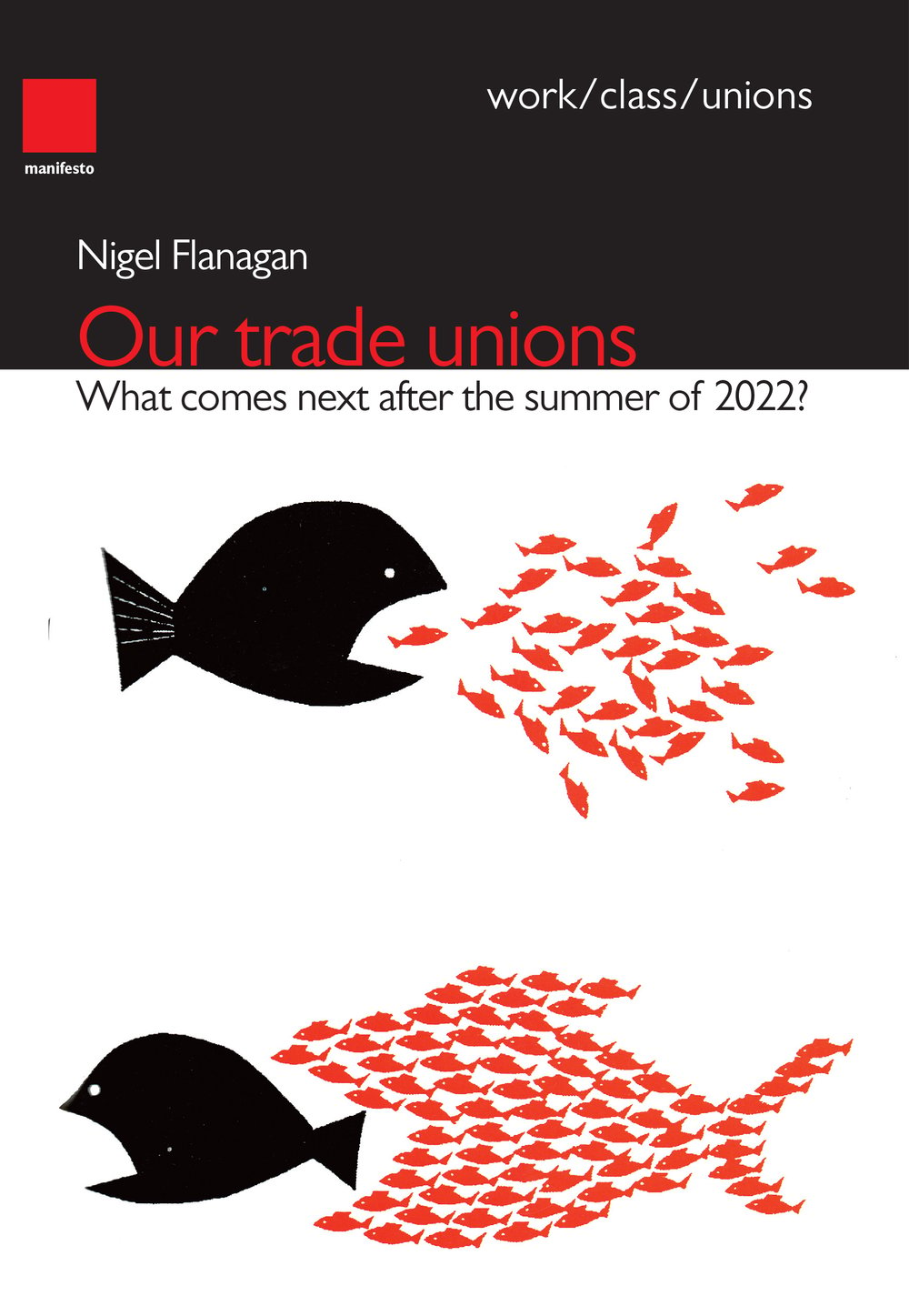
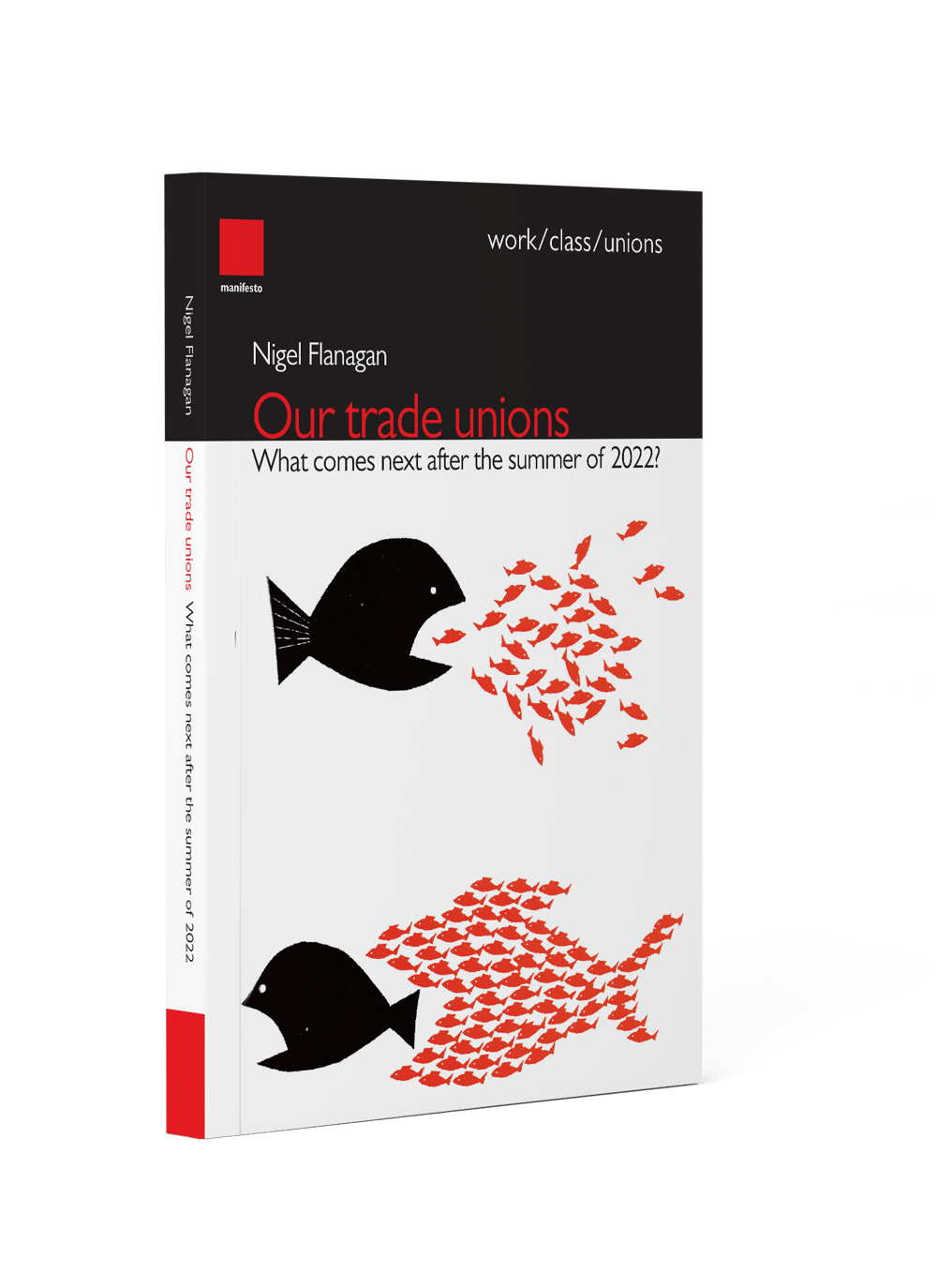

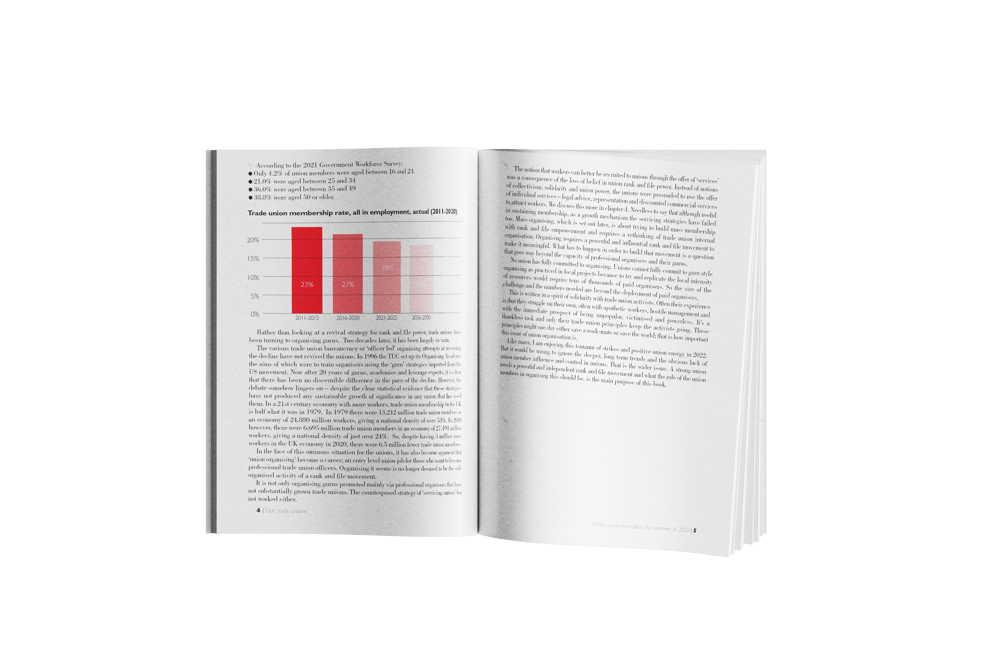
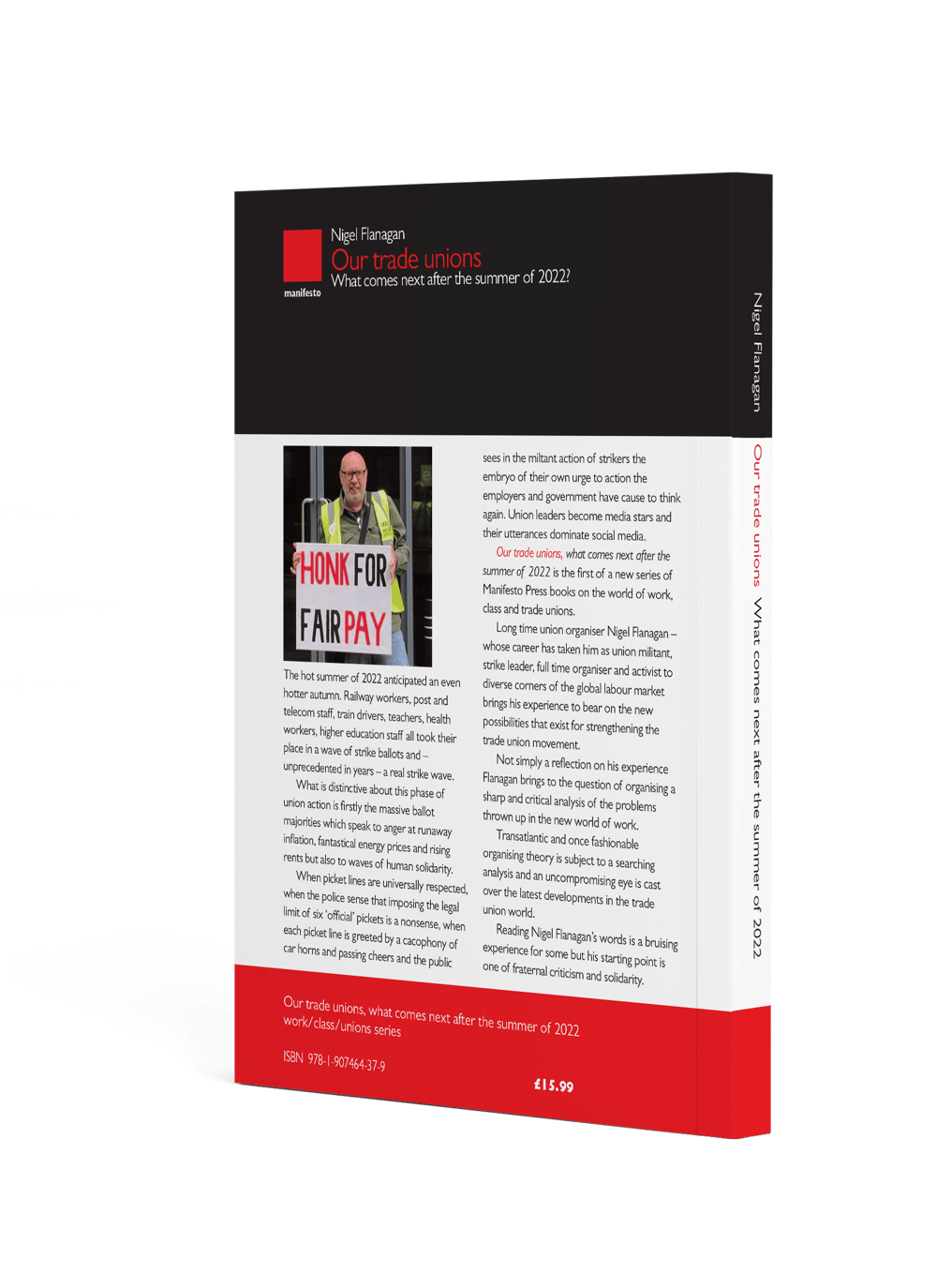
Our trade unions, what comes next after the summer of 2022.
Nigel Flanagan brings to the question of organising a sharp and critical analysis of the problems thrown up in the new world of work.
The hot summer of 2022 anticipated an even hotter autumn. Railway workers, post and telecom staff, train drivers, teachers, health workers, higher education staff all took their place in a wave of strike ballots and – unprecedented in years – a real strike wave.
What is distinctive about this phase of union action is firstly the massive ballot majorities which speak to anger at runaway inflation, fantastical energy prices and rising rents but also to waves of human solidarity.
When picket lines are universally respected, when the police sense that imposing the legal limit of six ‘official’ pickets is a nonsense, when each picket line is greeted by a cacophony of car horns and passing cheers and the public sees in the miltant action of strikers the embryo of their own urge to action the employers and government have cause to think again. Union leaders become media stars
and their utterances dominate social media.
Our trade unions, what comes next after the summer of 2022 is the first of a new series of Manifesto Press books on the world of work, class and trade unions.
AUTHOR BIO
Long time union organiser Nigel Flanagan – whose career has taken him as union militant, strike leader, full time organiser and activist to diverse corners of the global labour market brings his experience to bear on the new possibilities that exist for strengthening the trade union movement.
Not simply a reflection on his experience Flanagan brings to the question of organising a sharp and critical analysis of the problems thrown up in the new world of work.
Transatlantic and once fashionable organising theory is subject to a searching analysis and an uncompromising eye is cast over the latest developments in the trade union world.
Reading Nigel Flanagan’s words is a bruising experience for some but his starting point is one of fraternal criticism and solidarity.
